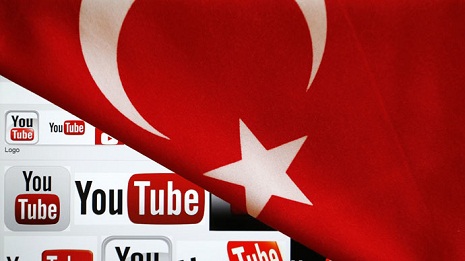"This has to do with the publishing of the prosecutor`s picture. What happened in the aftermath (of the prosecutor`s killing) is as grim as the incident itself," he said, Reuters reports.
The ban was implemented by a number of the country’s leading ISPs on Monday afternoon, the Internet Service Providers Union (ESB) Secretary General Bülent Kent told the Hurriyet Daily News.
All service providers are expected to implement the ban soon, he said.
However the ban on Facebook was later lifted after it rapidly complied with the court ruling, Tayfun Acarer, head of the Information and Communications Technologies Authority (BTK), told daily Hürriyet.Sources in Turkey confirmed to RT that access to Facebook has been restored.
A total of 166 websites that published the slain prosecutor’s pictures will be blocked, according to a recent court ruling seen by the Hurriyet Daily News.
Prominent Turkish prosecutor Mehmet Selim Kiraz was taken hostage by the far-left Revolutionary People`s Liberation Party-Front (DHKP/C) last Tuesday. He suffered five gunshot wounds and died in hospital, after a gunfight during the storming of an Istanbul court. His captors were also killed during the operation.
The official was leading the case of Berkin Elvan, a 15-year-old protester, who died from injuries sustained during the anti-government demonstrations of 2013. Elvan was in a coma for nine months and died in March last year. He subsequently became a symbolic figure for the street protest movement.
This is not the first time Turkish authorities have blocked social media platforms. In March 2014, the country blocked Twitter hours after the country’s Prime Minister Recep Tayyip Erdogan threatened to close it down ahead of a key election. The move came after audio recordings alleging corruption among his associates were posted on the site.
Later the same month, Ankara pulled the plug on YouTube after a controversial leak of audiotapes that appeared to show ministers talking about provoking military intervention in Syria. The leaked audio recording, which reportedly led to the ban, appears to show top government officials discussing a potential attack on the tomb of Suleyman Shah, the grandfather of the founder of the Ottoman Empire.
More about:
















































